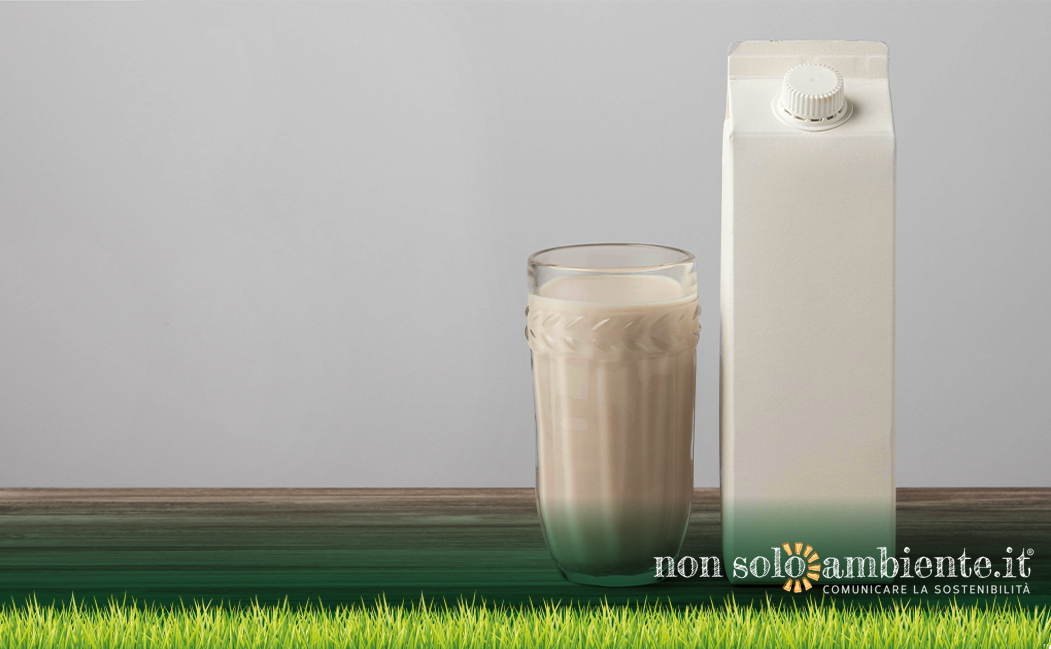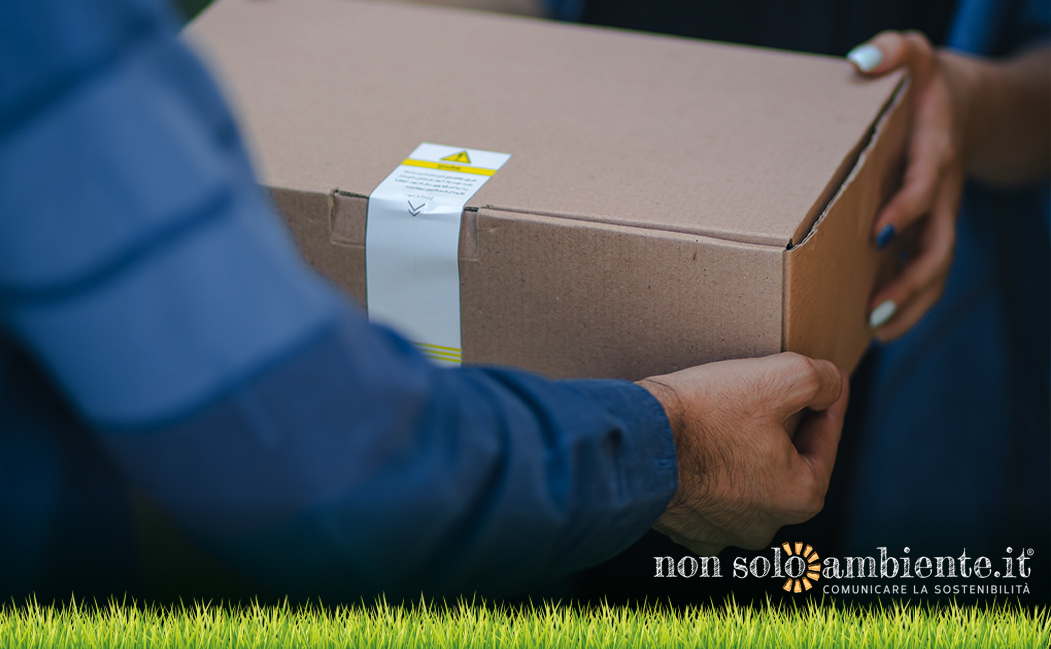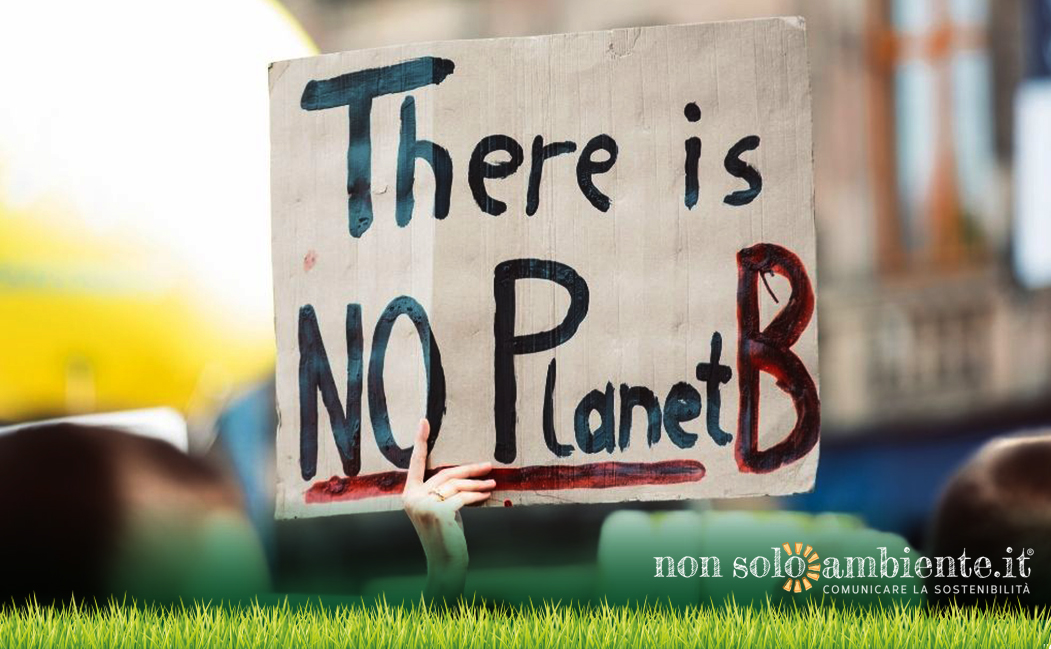
Ultime Notizie

Tetra Pak is a Swedish company, which deals with food packaging. Everything can be packed: from little packets of milk to soup to juices and larger cartons of milk. These Swedish cartons are claimed to be 100% recyclable, but how much?
Tetra Paks can be packed close together and less material is needed to package them. Up to 33% more Tetra Pak cartons can be transported in the same amount of space as compared with the other types of packaging, resulting in lower carbon emissions.
However, Tetra Paks are made up of several layered components: paperboard (made from wood), polyethylene (a type of plastic) and aluminium. These different components provide Tetra Paks their well-known properties: keeping the liquids in but the microbes out, and a strong but lightweight container.
Tetra Paks explained
According to Tetra Pak website, the “carton” is 100% recyclable. However, it can be fully reprocessed if it is handled by recyclers with a proper machinery; therefore, not every recycler can manage these cartons. For instance, in countries like Vietnam, there is only one company recycling Tetra Paks. Moreover, there is not a collection system for used cartons, so recycling is quite difficult there. Since it costs too much for the recycler to collect used cartons from consumers, only cartons sent to the recycler from affiliated companies are recycled. As a result, the recycling rate in Vietnam is very low, and Tetra Paks constitute a significant source of pollution. Even though the Tetra Pak is available globally, the presence of recyclers which can reprocess it is not to be taken for granted. In 2018, Tetra Pak’s global recycling rate was 26%, while their target was to increase recycling rates to 40% in 2020.
How can Tetra Pak be recycled?
How Tertra Paks are recycled in India
Recycling Tetra Pak, from the video "Giving Packaging a New Life"
Conclusions
For this reason, according to Lindsay Miles, just because something can be recycled, it doesn’t mean that it will be recycled. For example, Lindsay states that in the UK access to recycling facilities is as high as 85%; in the USA it’s nearer 40%, and in other countries like China, considerably less. Tetra Pak estimate global recycling was less than 25% in 2013. In Denmark in 2007, 33% of Tetra Paks were incinerated: resources turned to toxic ash. It seems that Tetra Pak may want to be sustainable, but they still have a long way to go.
Tags:
Potrebbero interessarti ...
Snam’s commitment to sustainability at Dubai Expo 2020
13 Ottobre 2021No more chocolate by 2050 because of extreme droughts effects
22 Settembre 2021How much CO₂ do urban forests absorb?
15 Settembre 2021Iscriviti alla nostra Newsletter!
Sei un sostenitore dell'ambiente in tutte le sue forme? Allora sei nel posto giusto!
Iscriviti subito!




